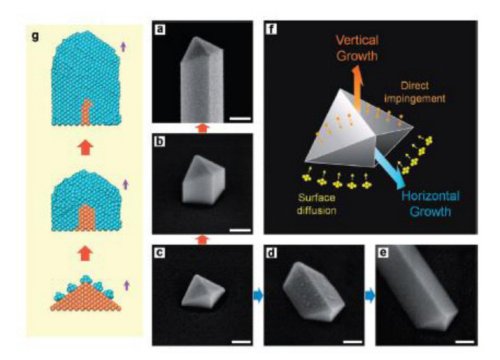
Asian Scientist (Aug. 6, 2013) – An international team of scientists has found a link between anemia (low red blood cell count) and an increased risk of dementia.
In the study, published in Neurology, 2,552 older adults between the ages of 70 and 79 were tested for anemia and also underwent memory and thinking tests over 11 years.
Of those, 393 had anemia at the start of the study. At the end of the study, 445 – or about 18 percent of all participants – developed dementia.
The research found that people who had anemia at the start of the study had a nearly 41 percent higher risk of developing dementia than those who were not anemic. The link remained after considering other factors, such as age, race, sex and education.
The association was still substantial and significant after adjusting for potential confounders, including comorbidities and other markers of red cell health.
However, the researchers did not investigate the type of anemia associated with the increased risk of dementia.
“There are several explanations for why anemia may be linked to dementia,” said Yaffe. “For example, anemia may be a marker for poor health in general, or low oxygen levels resulting from anemia may play a role in the connection. Reductions in oxygen to the brain have been shown to reduce memory and thinking abilities and may contribute to damage to neurons.”
The article can be found at: Hong et al. (2013) Anemia And Risk Of Dementia In Older Adults.
——
Source: NIA; Photo: fechi fajardo/Flickr/CC.
Disclaimer: This article does not necessarily reflect the views of AsianScientist or its staff.












